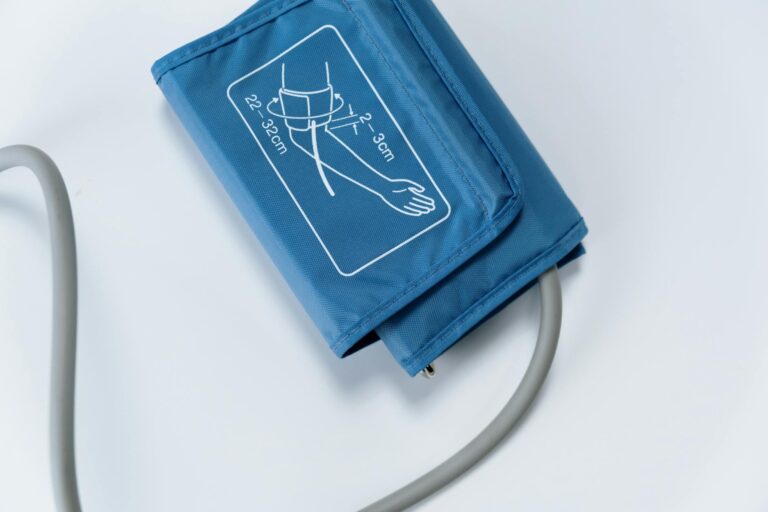Adaptive digital health platforms are revolutionizing the way we approach memory care, offering innovative solutions that enhance cognitive function and improve the quality of life for individuals with cognitive impairments. These platforms integrate cutting-edge technologies like artificial intelligence (AI), machine learning, and digital health tools to provide personalized care.
### Personalized Interventions
One of the key advantages of adaptive digital health platforms is their ability to offer personalized interventions. By analyzing data from various sources, such as EEG signals, behavioral responses, and physiological markers, these platforms can tailor therapies to meet the specific needs of each individual. For example, cognitive training apps and lifestyle modification platforms can stimulate neural circuits and foster neuroplasticity, helping patients combat cognitive decline over time[1].
### Real-Time Feedback and Adaptation
These platforms also provide real-time feedback, allowing for continuous adjustments to treatment plans. This closed-loop feedback system ensures that therapies remain relevant and effective as the patient’s needs evolve. Additionally, AI-driven virtual assistants enhance treatment adherence, connecting healthcare professionals and caregivers to refine treatment strategies and improve patient outcomes[1].
### Integration of Multisensory Therapies
Adaptive digital health platforms often incorporate multisensory therapies, such as music therapy and brainwave entrainment methods like binaural beats and isochronic tones. These approaches aim to modulate brain activity non-invasively, enhancing memory performance and emotional regulation. By integrating multiple modalities, AI-driven systems can create synergistic effects that surpass the efficacy of isolated interventions[3].
### Challenges and Future Directions
Despite the promise of adaptive digital health platforms, several challenges must be addressed. These include the need for standardized hardware and software platforms, cross-platform data standardization, and device interoperability protocols. Additionally, ensuring digital literacy among elderly or cognitively impaired patients is crucial for widespread adoption[1].
In conclusion, adaptive digital health platforms are transforming memory care by providing personalized, dynamic, and sustainable treatments. As these technologies continue to evolve, they hold the potential to significantly improve patient outcomes and redefine the future of cognitive health management.





